The Man They Called ‘Trane’, Remembering A Jazz Giant
John Coltrane gave more to jazz in his 40 years than many who lived a much longer life. We look back at his great legacy.
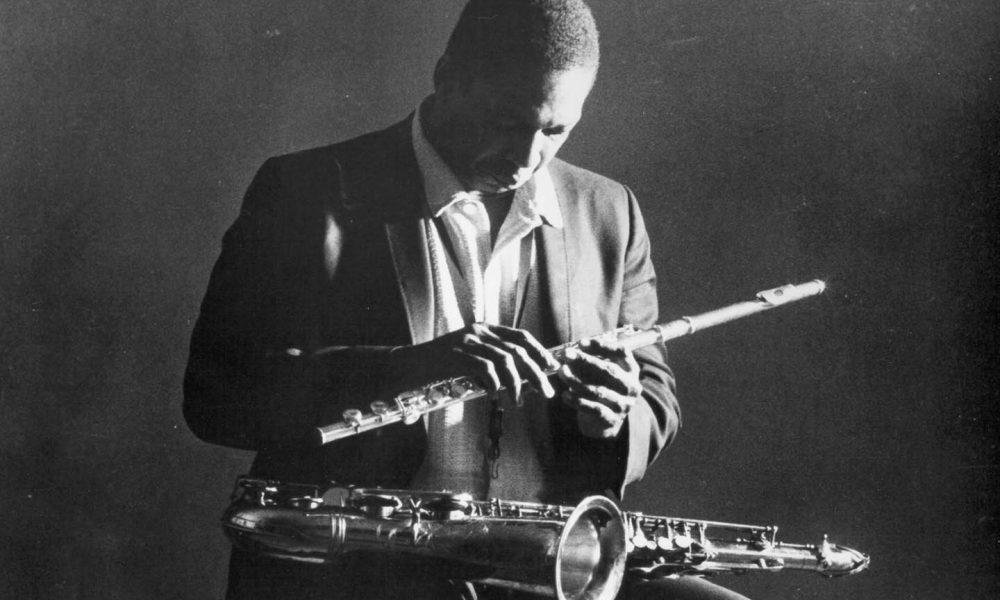
John Coltrane died on July 17, 1967, having given more to jazz in his 40 years than many who live a much longer life. His music has been an inspiration to many rock musicians as well as younger jazz musicians and his album, A Love Supreme, is one of the acknowledged masterpieces in the jazz canon.
An aptitude for music
Born in North Carolina in September 1926, Coltrane’s father was a tailor and amateur musician able to play several instruments. Coltrane also showed an aptitude for music, studying the E-flat tenor (alto) horn, clarinet, and alto saxophone in high school. Both of his grandparents had been Methodist ministers, and his maternal grandfather had been a famous gospel preacher throughout that part of the Deep South.
Churchgoing was part of his upbringing and gospel music provided the soundtrack. When he was thirteen, both his father and grandfather died within a month of each other and after Coltrane graduated from high school in 1943, the family moved north to Philadelphia to make a new start. There he studied at the Ornstein School of Music and Granoff Studios, before making his professional debut in 1945 playing in a lounge band.
Following a short term serving in the Navy, Coltrane returned home, and having played in the Navy band while stationed in Hawaii (1945–1946), he expressed an earnest interest in the alto saxophone. He worked with a series of bands over the following decade including Eddie Vinson (1947–1948), and he played alto and tenor with Dizzy Gillespie (1949–1951) and Earl Bostic (1952–1953). His first proper recording session was with drummer Teddy Stewart’s Orchestra – made up mostly of Dizzy’s band members – backing Dinah Washington on some singles for Mercury.
From 1953, Coltrane focused on tenor saxophone, playing with Johnny Hodges from 1953 to 1954; during this time he appeared on several of Hodges’ Norgran albums. In 1955, Coltrane secured the gig that brought him to a wider audience, playing in Miles Davis’ new quintet, with Red Garland, Paul Chambers, and Philly Joe Jones.
A spiritual awakening
Coltrane cited 1957 as the year of his spiritual awakening when he rid himself of heroin and alcohol addictions, catalyzed by being sacked from Miles Davis’ Quintet. Coltrane had previously been fired by Gillespie for his escalating drug-taking, and this time losing such a great gig and experiencing a near overdose was the wake-up call that he needed. He went cold turkey and cleaned up. After some tough times straightening himself out, he soon returned to play the second half of 1957 with Thelonious Monk’s Quartet, before once again joining Davis at the beginning of 1958.
Ever humble and highly self-critical, Coltrane was perennially searching for truth in music, an ultimate statement. Between sets, he could be known to walk ten blocks and stare at the night sky through binoculars, in a constant search for inspiration and universal truth. His musical search mechanism worked by rehashing and rephrasing each musical concept in every one of its permutations. This approach initially led to his ‘sheets of sound’, a term coined by jazz critic Ira Gitler in 1958 for Coltrane’s album Soultrane, to describe his innovative improvisational style of repeating rapid-fire arpeggios with minuscule variations. While the evolution of his music was appreciated by many critics and fellow musicians, it was not readily accepted by the public; it all sounded too alien.
From March 21 through April 10, 1960, the Wynton Kelly, Paul Chambers and Jimmy Cobb lineup of the Miles Davis Quintet toured Europe, along with the Oscar Peterson and Stan Getz’s groups on a Jazz At The Philharmonic tour. At the Olympia Theatre, Paris, Coltrane’s solo spots were booed and the audience heckled. When Coltrane returned to Paris in 1962, playing even more adventurously, it was to only cheers.
Leading his own sessions
While with Davis, Coltrane had been beginning to lead his own recording sessions, giving him an increasing opportunity to air his own compositions; ‘Blue Train’ established him as a brilliant composer as well as a player. His earliest recordings were for the Prestige label; among the highlights was The Cats from 1957, the same year as he cut Blue Train for Blue Note Records. His debut for Creed Taylor’s Impulse! label came in 1961 when he made Africa/Brass; shortly afterward he recorded the beautiful Ballads. Two years later, he did John Coltrane And Johnny Hartman, the singer being the perfect foil for Trane’s tenor saxophone.
A Love Supreme
Then in December 1964, he recorded a piece of music composed in the comparative peace and calm to be found in Dix Hills, Long Island, about thirty miles from Manhattan. A Love Supreme was the sermon that Coltrane had pledged to his God if he made it through cold turkey. It was a literal expression of worship; a devotional poem that he had written and had reproduced in the gatefold sleeve of the album is expressed syllable by syllable on the saxophone as a “musical narration” in the final track “Part 4: ‘Psalm.”
The group for the session was what became known as the ‘Classic Quartet’ with McCoy Tyner, Elvin Jones, and Jimmy Garrison, all of whom had been with Coltrane in various lineups since the early 1960s. Anyone working with Coltrane soon learned that they would need to be dedicated and have considerable stamina to keep up. Because Coltrane was terrified of flying, the group would always travel by road, spending six weeks on a coast-to-coast tour, then immediately beginning a six-week residency in New York, often at the Half-Note at 289 Hudson Street.
Purified of drugs, Coltrane did still have one vice – overeating – food became a comfort for him to assuage the rigors of constantly performing. Legend also has it that Coltrane ate so many mint humbugs that his saxophone keys clogged up with sugar.
Mind-altering experimentation
However, Coltrane wasn’t entirely finished with mind-altering substances. The extremism in his music, the alien discordance, and the look to the East for spiritual meaning was partly fuelled by his increasing use of LSD. His experimentation with music started taking on many extra layers, so much so that the loyalty of his trusty colleagues was being tested. The beginning of the end for Tyner and Jones was the Ascension session (1965) where they complained that all they could hear was noise.
In 1966, Alice Coltrane – Coltrane had married the pianist earlier in the year, having recently divorced his first wife – and Rashied Ali replaced the departing duo, performing and recording in various combinations until Coltrane’s death from cancer of the liver. When asked how he would like to be remembered, he replied, “As a saint.” He passed away on July 17, 1967, in Huntington, New York.
“All a musician can do is to get closer to the sources of nature, and so feel that he is in communion with the natural laws.” – John Coltrane.



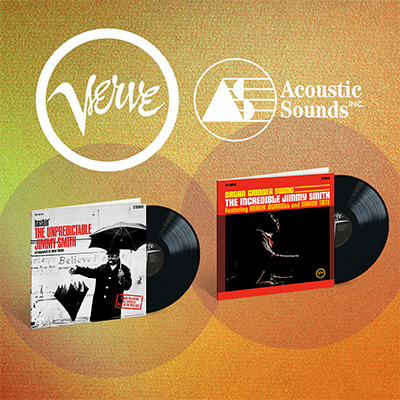



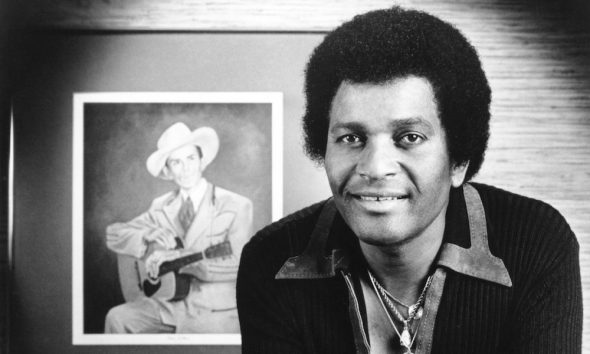
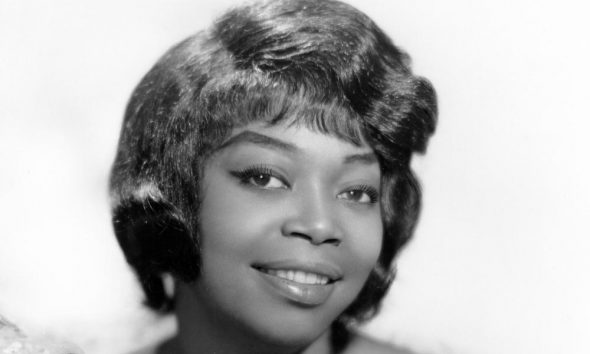
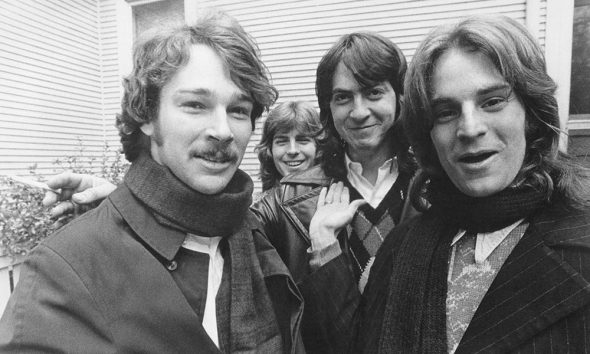



ibitayo olupona
July 18, 2014 at 2:25 am
am from the yoruba tribe, a culturally rich etnic group situated in the vast south western region of nigeria. i grew up listening to popular yoruba acoustic and electrified juju music in the mid 60´s and early 70`s by yoruba musicians such as i.k. dairo,sunny ade,ebenezer obey, and afro jazz legend fela kuti. but in the 80`s when i traveled out of nigeria for the first time to pursue my university education in sao paulo-brazil, it was like coming out of a music swimming pool and jumping into a music ocean.as an individual music lover,brazil exposed me to world music. in the mid 80`s i entered a music record store in sao paulo and curiously i luckily laid my hand on a trane`s LP(AFTER THE RAIN & UP AGAINST THE WALL),after listening to the tracks one by one before i bought the LP, spiritually and ancestrally carried away from hearing TRANE for the first time in my life, my conclusion/reaction was a non yoruba man playing the juju music magnificantly and confidently through his saxophone.
uDiscover
July 22, 2014 at 4:12 pm
Fabulous story, thanks for sharing. Trane’s music spreads far and wide. There are no barriers to great jazz.
Gregory Lake
July 18, 2014 at 3:51 am
Damn shame . A great loss . KPFA , a local station did a 36 hour tribute of nothing but Coltrane and I stayed awake through the whole thing and drew a portrait copying the cover photo from , ” A Love Supreme ” Anything on the 36 hour broadcast that I did not own I went to the store and purchased , however there were very few that were not already in my massive Coltrane collection . I’m talking everything as a leader , sideman , you name it , if Trane’ was on it , I owned it .
uDiscover
July 22, 2014 at 4:11 pm
True devotion, and great to hear
Ralph & Jennifer DeLorso Jr
July 18, 2014 at 12:24 pm
As a Young inspiring Drummer growing up in a Small Town the North of Hartford My Introduction to jazz was very early .When I heard John Coltrane Love Supreme & Naima , It affected my spirit in such a way as spiritual awakening. IUt all seemed to come together it made sense yet it left many unanswered questions my search begun. That’s John Coltrane his Sound sinks deep into ones Soul and Conscious. We Loss such a Living Spirit I could only wonder what we missed losing John so young. RIP John Coltrane Your Music and sound lives and will never die
uDiscover
July 22, 2014 at 4:10 pm
Great to hear your memories, thanks
HaiDera Hollins
July 17, 2015 at 8:32 am
My late father who passed away from lung cancer would play sax on his trumpet. He actually was able to play Giant Steps! Not only is that difficult to do, it’s even more difficult on a trumpet. So blessed to have been introduced to such a great jazz musician.
GEMO ANNA
July 17, 2015 at 5:43 pm
Inconditionnelle …
Rusty Hornz
July 17, 2015 at 7:50 pm
First heard Alabama on the soundtrack to Spike Lee’s Malcolm X. The composition blew my mind. From his horn playing to the drums. Rest In Power ‘Trane.
Michael L. Green, Sr.
July 25, 2015 at 7:06 pm
John William Coltrane made the music he made transcend any title it was bound to be portrayed as. Whether Jazz, Swing, Bop, Gospel or Free, his musical expression was limitless and serene. The anthem ” A LOVE SUPREME “, a suite of musical exploration & downright spiritual adulation: this album will be what he ought to be remembered for IF in title only! A LOVE SUPREME! It explains itself, John’s music was all about Love & Life and yes, he could SWING! From Duke Ellington to Dizzy Gillespie, along with Miles , Eric Dolphy and vocalist Johnny Hartman he was able to express the supreme Love through his horns. And of course, that legendary quartet which featured McCoy Tyner, Jimmy Garrison, & the Man on drums ELVIN JONES , who once explained to sustain the energy and devotion to continue playing with ‘Trane, ” You have to be willing to DIE for a M_ _ _ _ _ F _ _ _A !!!
Devin
June 5, 2016 at 12:02 pm
Great article.
Kevin Thorbourne
July 22, 2019 at 11:38 pm
As an adviser to the Alice and John Coltrane home thank you for sharing this!
http://www.thecoltranehome.org